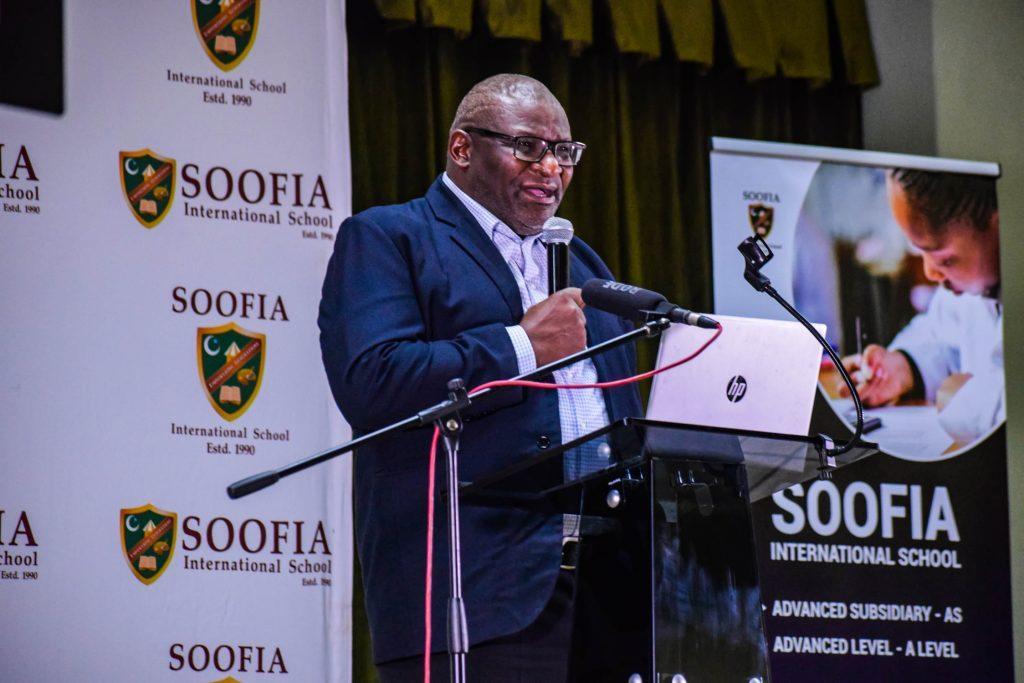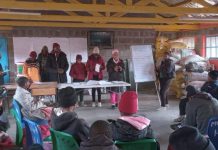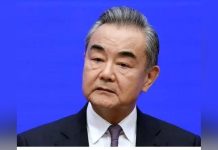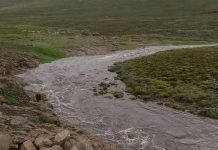Africa-Press – Lesotho. SECONDARY education curriculum stakeholders have questioned the government’s wisdom in constantly changing the national curriculum.
Stakeholders were speaking at the Fifth Education Symposium with the theme: “The Implementation of the Lesotho Revised Education Curriculum”.
The symposium, which was held in Maseru last Friday, was organised by Soofia International School.
They observed that the constant change in the Lesotho education system in recent years has left many questioning the future of the present students and the generations that will come after.
Soofia International School principal, Vijayakumar Bhaskaran, said the major concern is “the role of education as a safeguard for Lesotho and its people in an era of unparalleled change and unforeseen possibilities”.
The issues brought by the reduced years of study in secondary education from the normal five years that comprised five stages from Form A to E to the new four-year system were at the centre of the symposium.
Initially, the motion to phase out the five-year schooling system was put into practice in the country in 2021.
The purpose was to “increase the standard of education, for students following the academic stream to create opportunities for entrance into universities in the region and internationally”.
Speaking at the symposium, a National University of Lesotho (NUL) academic, Dr Thabiso Nyabanyaba, raised the question: “Should the present state of the reform made to secondary education remain?”
When the new four-year curriculum was introduced, it was meant to be piloted in a few schools that offered boarding facilities.
Among them were Soofia International School, Lesotho-China Fellowship Collegiate, and Lesotho High School, and only the latter offered boarding facilities to its students.
The first step of the initiative had failed at the get-go but the Ministry of Education saw no fault in that and so the programme was spread all across the country.
When the new education sector plan was introduced in 2021, the main aim was to produce a generation that would be able to study beyond the borders without any struggles.
It was meant to respond to the country’s economy positively, and be competitive in the world of work by providing programmes that are locally and internationally recognised.
However, Bhaskaran observed that “completing high school education in only four years of post-primary does not prepare students’ adequately”.
“It could mean a compromised foundation for higher education and a limitation on the student’s global competitiveness”, Bhaskaran said, and this is south of what the new system was implemented to do.
“This in the long run will not only hamper individual opportunities but will also hinder the country’s progress in terms of reaching its goals,” he said.
Dr Nyabanyaba said when the new curricula are introduced, after the first step which is the initiation step that comprises assessment and mobilising resources, schools and all involved stakeholders have to design action plans, carry them out and maintain commitment.
These two steps, he said, are very crucial to make the initiative work and the third step is to keep improving the teaching techniques and evaluating the programmes while also staying committed to making it work.
Many academics had argued that the core curriculum reform of 1974 was organised with a strong focus on English, Mathematics, and Science as its essential subjects.
But, they lamented, that the Lesotho General Certificate of Secondary Education (LGCSE)’s implementation “raised a lot of concerns about its relevance and quality”.
It was criticised for promoting colonialism by mimicking the features of the British GSCE, which was meant for basic education in the United Kingdom.
The symposium discussed the Advanced Subsidiary (AS), Advanced Level, LGCSE, and the phased out Cambridge Overseas School Certificate (COSC).
Some said the new basic education curriculum of 2021, which is the implementation of AS-Level, “is clouded by several issues”.
Some of these issues include restricted access that is a result of financial barriers for many students, according to Dr Nyabanyaba.
Bhaskaran seconded this by saying “a significant portion of our populace, lacking such financial means…remains ignorant of the disparity in the provision or quality of education”.
“All charge fees (for AS-level) range from M15 000 to M26 000 (for public schools), excluding hidden costs,” Dr Nyabanyaba said.
“This is not a problem for individuals from more affluent backgrounds”, and so the question is: What are those from humble backgrounds expected to do to have access to quality education?
AS (Advanced Subsidiary) and A (Advanced) level qualifications focus on traditional study skills.
AS normally forms the first year of the course and is a qualification in its own right, but together with A-level, famously referred to as A2, forms a complete A-level qualification.
Research shows that to qualify for these levels one needs to obtain at least five A* to C grades and this means they can keep their options open about what they need to study towards.
AS and A-levels are geared towards providing the academic rigour and grounding necessary for further study at university and in tertiary institutions.
The LGCSE, on the other hand, exists as a qualification where performance in each subject is individually recognised.
The phased-out COSC was based on a group award system.
The LGCSE does not have the 1st to 3rd classes, General Certificate of Education (GCE), or fail results so there is no need for numerals on the grades.
The questions raised about this were: is this the kind of education our government wants for our children? How easy will it be to make it into international institutions without an indicated pass or fail? Do we need just the reduced years’ programme or AS along with A-levels introduced in all schools countrywide?
’Makutloano ’Nei, from the Ministry of Education, applauded Soofia International School for “always addressing burning issues concerning education, thus making it outstanding”.
She said symposiums like this “are a necessity to always keep in check with the education progress as a country”.
She assured everyone that the ministry has been listening closely to the cry about the introduction of AS and A-levels in schools and the issue of the limited resources in schools.
She promised to forward the concerns to the relevant authorities in the ministry.
For More News And Analysis About Lesotho Follow Africa-Press






